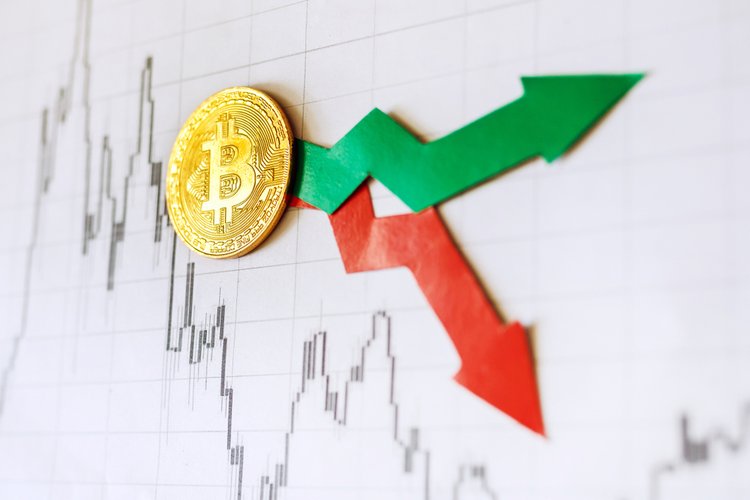Shutterstock.com While digital currencies have been making headlines for the past years, they remain out of reach for many. The words “blockchain” and “cryptocurrency” are still more likely to spark up confusion rather than genuine interest. Our guide will give you a basic understanding of the market and its risks before you set out to make an investment. Why are cryptocurrencies so popular? Shutterstock.com Cryptocurrencies are quickly becoming a popular investment asset, primarily for two reasons – high returns and revolutionary technological potential. While traditional investment instruments include shares, bonds and real estate, none have produced the returns that digital currencies have over the past year. One of the key reasons behind the surge is the technology behind cryptocurrencies – blockchain, “a digital ledger of economic transactions that can be programmed to record … virtually everything of value,” to quote Don and Alex Tapscott. Blockchain reduces human error, increases transparency between market agents and cuts out the middleman in financial transactions, putting the “power back into the hands of the user.” While many are enthusiastic about its potential, no one is sure how many blockchain-based currencies will survive. Potential macro risks Take care of the due diligence before you put your money at risk – carefully research the market, evaluate its stability, carry out background checks on each asset, hedge your bets and keep tabs on the legal climate. Is it a bubble? Shutterstock.com Speculation over a crypto-bubble is endless. Multiple experts have voiced their concerns over cryptocurrencies’ long-term viability. JPMorgan Chase CEO Jamie Dimon famously called bitcoin a “fraud”, while Yale’s Nobel Prize-winning economist Robert Shiller said that “none of this is new,” comparing cryptocurrencies to previous unsuccessful monetary experiments. Dimon, however, has since softened his rhetoric, stating that “blockchain is real,” and that he is “open-minded” about cryptocurrencies. Several months later, JP hired Oliver Harris, the bank’s 29-year old fintech head, to spearhead its crypto-assets strategy. While skeptics are finding it harder to dismiss digital currencies, and institutional investors are warming up towards crypto, there is still the possibility that this could be a bubble. Shiller’s warnings about the housing and dot-com bubbles turned out to be valid, so it may be worth asking yourself whether you want to be in the crypto market long-term. Volatility shutterstock.com As a first-time investor in any cryptocurrency, you need to consider the volatility of the market. One look at Bitcoin’s price over the past 6 months is indicative of the potential risk involved. Market dynamics are changing weekly, as millions of participants join in, and any investment could evaporate through devaluation or cybercrime. Legal climate The legal status of cryptocurrencies is still up in the air – while the majority of countries haven’t outlawed crypto outright, its status as a currency (or commodity) has different regulatory implications. Depending on the jurisdiction, potential cryptocurrency investors could be liable to pay capital gains tax and/or VAT. Picking your assets If you’re still interested in taking the plunge, then it’s time to zero in on the currencies you want to buy. There’s no strict rulebook for picking assets, be it stocks or cryptocurrencies, but there are still a number of questions you should ask yourself before investing in a coin: Starting your investment Shutterstock.com 





